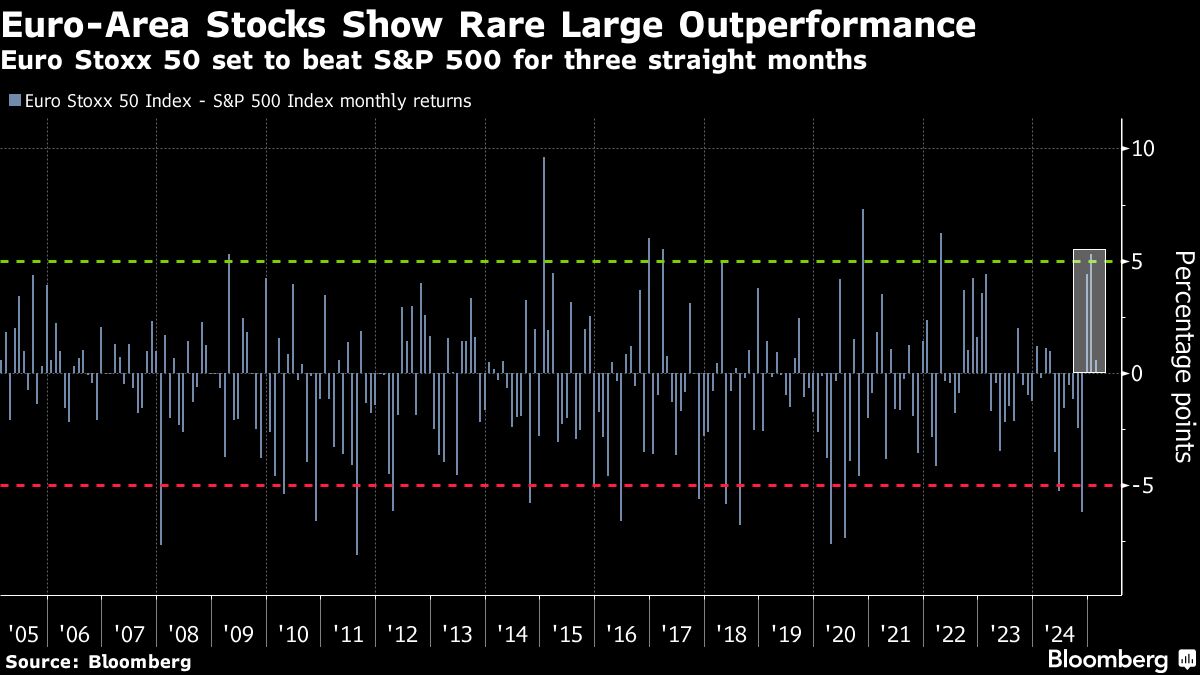It’s been a rocky year for Nvidia (NASDAQ: NVDA) investors. After soaring to new heights, the chipmaker was taken out behind the woodshed and soundly thrashed, at one point losing as much as 22% of its value.
There was widespread panic among some investors after Chinese artificial intelligence (AI) start-up DeepSeek claimed that its R1 model delivered state-of-the-art results at a fraction of the cost. Experts have since debated the veracity of those claims, but the fears about its impact on the future of AI remain.
Where to invest $1,000 right now? Our analyst team just revealed what they believe are the 10 best stocks to buy right now. See the 10 stocks »
The popular narrative suggests that since this AI model was developed using older, less advanced Nvidia processors, there will be little reason to buy the company’s top-of-the-line AI chips.
The truth is much more nuanced and evidence has begun to pour in that this narrative is flawed. But don’t take my word for it. Several of the company’s largest customers have weighed in, giving Nvidia shareholders the best news they’ve received so far this year — and it could ultimately be worth billions of dollars for the chipmaker.
Image source: Getty Images.
The biggest purveyors of technology
Despite investors’ knee-jerk reaction to the news, big technology companies apparently have no plans to reduce spending and are continuing to build at their AI infrastructure — namely the data centers and servers needed to support the technology.
Microsoft (NASDAQ: MSFT) CEO Satya Nadella conceded that “DeepSeek has had some real innovations” and believes these advancements will cause AI to be more “broadly used.” Microsoft had already announced its intention to shell out $80 billion for AI data centers is fiscal 2025, and the company hasn’t altered its plans. In fact, after spending $20 billion on capital expenditures (capex) in its fiscal Q1, Microsoft laid out another $22.6 billion in Q2 and expects to spend similar amounts in fiscal third and fourth quarters. That adds up to nearly $88 billion in all, which is a far cry from a slowdown in spending.
Meta Platforms (NASDAQ: META) CEO Mark Zuckerberg noted that while DeepSeek did “a number of novel things,” it didn’t change the company’s plan to spend as much as $65 billion on capex in 2025. Zuckerberg went on to say, “I continue to think that investing very heavily in capex and [infrastructure] is going to be a strategic advantage over time.” CFO Susan Li confirmed that “servers will be the biggest growth driver that remains the largest portion of our overall capex budget.”
Amazon has yet to report its results as of this writing, but it invested roughly $75 billion in capex in 2024 and expects to spend even more in 2025.
Alphabet (NASDAQ: GOOGL) (NASDAQ: GOOG) CEO Sundar Pichai provided his two cents, calling the developers at DeepSeek a “tremendous team” that has “done very, very, good work.” Despite those innovations, Alphabet still plans to spend roughly $75 billion in capex in 2025, with “the majority going to … servers and data centers.”
The available commentary suggests that despite the changing AI landscape, big tech’s AI spending spree is far from over.
The customer is always right
Contrary to the popular narrative, the biggest names in AI and cloud computing plan to increase spending on the data centers and servers that support AI. Lest there be any doubt, the single biggest beneficiary of this spending will be Nvidia.
Nvidia is cagey and hasn’t revealed exactly who its biggest customers are, but Wall Street has read the tea leaves and come to its own conclusion. Analysts with Bloomberg and Barclays Research believe Nvidia’s four biggest customers — generating roughly 40% of its revenue — are:
- Microsoft: 15%
- Meta Platforms: 13%
- Amazon: 6.2%
- Alphabet: 5.8%
The available commentary from these companies signals that the biggest names in technology are planning to ramp up capex spending to support their AI and cloud computing ambitions.
Nvidia is the undisputed market leader in the data center GPU space. The company controlled an unrivaled 98% of the market in 2022 and 2023, and while rivals may have chipped into its lead, Nvidia is expected to control a dominant part of the market when the final numbers have been compiled for 2024. It stands to reason, then, that the company has the most to gain from big tech’s spending bonanza.
This, combined with the rollout of the high-profile Blackwell processor — which was custom built for AI applications — suggests that Nvidia still has a long runway for growth ahead.
Data by YCharts
A strong constitution is required
For all the opportunity, Nvidia shareholders have been on a gut-wrenching thrill ride, with the stock losing more than 20% of its value several times over the past year alone. If you still need convincing, consider this: Nvidia stock shed 66% of its value between late 2021 and late 2022 — so it isn’t for the faint of heart.
That said, if you have a strong constitution and the stomach for a little risk, Nvidia stock is currently selling for just 28 times next year’s expected earnings, well below its average multiple of 42 over the past three years. This gives astute investors the opportunity to own an industry leader with strong secular tailwinds at a compelling valuation.
Don’t miss this second chance at a potentially lucrative opportunity
Ever feel like you missed the boat in buying the most successful stocks? Then you’ll want to hear this.
On rare occasions, our expert team of analysts issues a “Double Down” stock recommendation for companies that they think are about to pop. If you’re worried you’ve already missed your chance to invest, now is the best time to buy before it’s too late. And the numbers speak for themselves:
- Nvidia: if you invested $1,000 when we doubled down in 2009, you’d have $323,686!*
- Apple: if you invested $1,000 when we doubled down in 2008, you’d have $44,026!*
- Netflix: if you invested $1,000 when we doubled down in 2004, you’d have $545,283!*
Right now, we’re issuing “Double Down” alerts for three incredible companies, and there may not be another chance like this anytime soon.
*Stock Advisor returns as of February 3, 2025
Suzanne Frey, an executive at Alphabet, is a member of The Motley Fool’s board of directors. John Mackey, former CEO of Whole Foods Market, an Amazon subsidiary, is a member of The Motley Fool’s board of directors. Randi Zuckerberg, a former director of market development and spokeswoman for Facebook and sister to Meta Platforms CEO Mark Zuckerberg, is a member of The Motley Fool’s board of directors. Danny Vena has positions in Alphabet, Amazon, Meta Platforms, Microsoft, and Nvidia. The Motley Fool has positions in and recommends Alphabet, Amazon, Meta Platforms, Microsoft, and Nvidia. The Motley Fool recommends the following options: long January 2026 $395 calls on Microsoft and short January 2026 $405 calls on Microsoft. The Motley Fool has a disclosure policy.
The views and opinions expressed herein are the views and opinions of the author and do not necessarily reflect those of Nasdaq, Inc.



